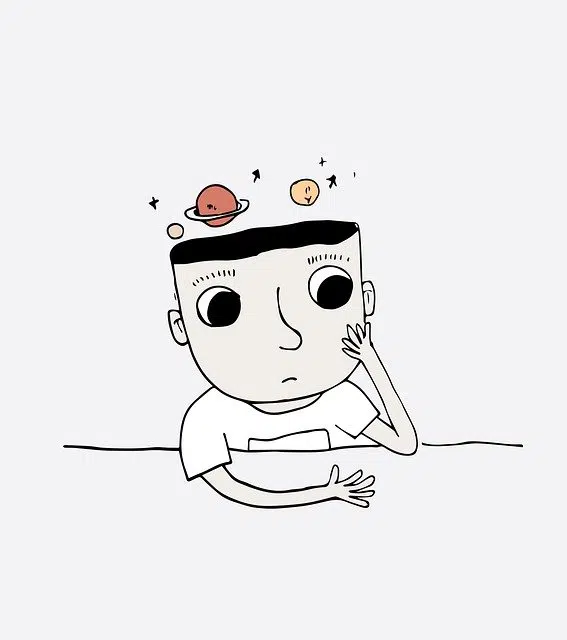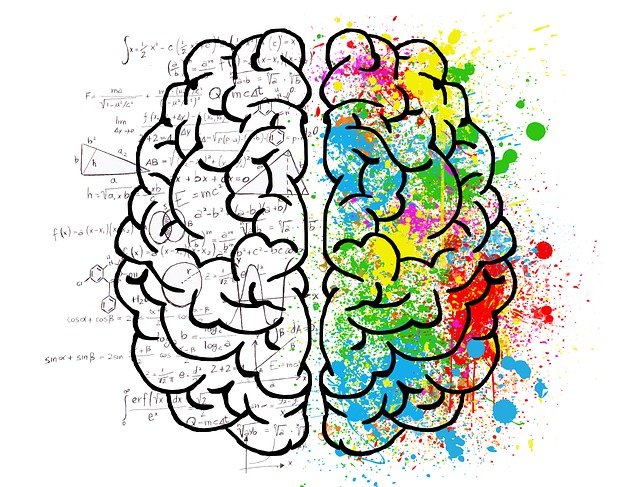
Abstract thinking makes symbolic action possible.
We have to go back to Latin because it is in that language where we find the etymological origin of the term that we are now going to study. Specifically, it is the result of the union of two words: thought , which comes from the verb pensare, which is synonymous with thinking, and abstract , which comes from abstractus . This word is composed of the prefix abs -, which is equivalent to "separation", and the word tractus which can be translated as "stretch".
Abstract thinking involves the ability to voluntarily assume a mental framework . This implies the possibility of changing, at will, from one situation to another, of decomposing the whole into parts and of simultaneously analyzing different aspects of the same reality, for example.
Pathologies that affect abstract thinking
In this way, abstract thinking allows us to discern common properties, plan and assume simulations, and think and act symbolically . These abilities are generally damaged in subjects who suffer from mental disorders such as schizophrenia .
A mental pathology that we have just mentioned is fundamentally characterized by the fact that the person who suffers from it has not only alterations in the field of perception but also in what is reality itself.

There are mental disorders that affect the ability to think abstractly.
From concrete to abstraction
Abstract thinking differs from formal thinking , which is based on real experiences. The individual grows by relying on concrete objects. Only from the age of twelve does he begin to replace objects with his own ideas or concepts. Therefore, it can be stated that formal thought is reversible and internal.
Through an unconscious process, the adolescent is able to think abstractly, postulate hypotheses and prepare mental experiences to test them. Abstract thinking has a propositional character , which consists of using verbal propositions to express hypotheses and reasoning along with the results obtained.
Piaget and abstract thinking
There are many scholars who have addressed the topic of abstract thinking. Among all of them, however, it is worth highlighting the work carried out by the Swiss psychologist Jean Piaget who, among other issues, established that this is achieved at approximately twelve years of age. A moment in which human beings have surpassed the stage of concrete thinking and are open to developing and exploring abstract thinking.
For Piaget, it is at that moment when a person in question is absolutely prepared, both he in general and his brain in particular, to proceed to formulate all types of abstract thoughts.
The importance of language
It should be noted that language is the means by which it is possible to think about the representations of real objects. Abstract thinking is based on formal schemes , which are units of thought through which knowledge is represented. Schemas enable prediction and allow the subject to adapt to the demands of the environment and integrate new information.
To conclude, we can establish that, for all this, abstract thinking is fundamental in any human being because thanks to it they have the ability to deduce, extrapolate what they have learned to any other situation, compare or draw conclusions.
